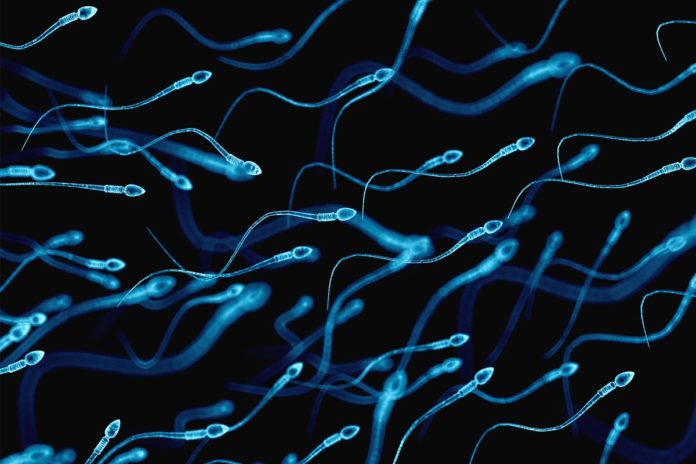Scientists find that human sperms retain their complete viability within the different gravitational conditions found in outer space
Sperms can survive outer space. Zillionaires like Amazon founder Jeff Bezos who see the ‘colonisation’ of space as an answer to the Earth’s ever threatened resources will be reassured to learn that human sperm retains its complete viability within the different gravitational conditions found in outer space.
In a study reported today at the 35th Annual Meeting of ESHRE investigators said that the lack of difference in a range of sperm characteristics observed in frozen sperm samples exposed to microgravity and those maintained in ground conditions ‘open the possibility of safely transporting male gametes to space and considering the possibility of creating a human sperm bank outside Earth’.
The results are presented here in Vienna by Dr Montserrat Boada from Dexeus Women’s Health in Barcelona, whose group worked with microgravity engineers from the Polytechnic University of Barcelona. The Aeroclub Barcelona-Sabadell of Spain was responsible for the parabolic flights to create microgravity conditions.
‘If the number of space missions increases in the coming years, and are of longer duration, it is important to study the effects of long-term human exposure to space in order to face them. It’s not unreasonable to start thinking about the possibility of reproduction beyond the Earth.’
As background to the study, Dr Boada explained that, while the effects of microgravity on the cardiovascular, musculo-skeletal and central nervous systems are well known and tested in space flight, relatively little is known about the effects of different gravitational environments on human sperm and eggs. ‘Some studies suggest a significant decrease in the motility of human fresh sperm samples,’ said Dr Boada, ‘but nothing has been reported on the possible effects of gravitational differences on frozen human gametes, in which state they would be transported from Earth to space.’
The study was performed using a small aerobatic training aircraft (CAP10), which can provide short-duration hypogravity exposure. The plane executed a series of 20 parabolic manoeuvres, providing 8 seconds of microgravity for each parabola. Overall, ten sperm samples obtained from ten healthy donors were analysed after exposure to the different microgravities found in space and ground gravity.
The sperm analysis comprised a full range of measurements currently performed for fertility testing – concentration, motility, vitality, morphology and DNA fragmentation – and results found no difference whatsoever in any of the parameters between the microgravity space samples and the control group samples from Earth. Indeed, said Dr Boada, there was 100% concordance in DNA fragmentation rate and vitality, and 90% concordance in sperm concentration and motility. These minor differences, she added, ‘were more probably related to heterogeneity of the sperm sample than to the effect of exposure to different gravity conditions’.
Dr Boada described this as a preliminary study and her group will now move on to validate the results and then to larger sperm samples, longer periods of microgravity and even fresh sperm. ‘But we do need to know,’ she added. ‘If the number of space missions increases in the coming years, and are of longer duration, it is important to study the effects of long-term human exposure to space in order to face them. It’s not unreasonable to start thinking about the possibility of reproduction beyond the Earth.’
Dr Boada noted that one reason for using frozen sperm in this study was the known effect of radiation on fresh sperm. ‘Radiation impairs the quality and viability of human sperm,’ she explained, ‘and these effects are expected to be greater on fresh sperm than on frozen samples, which are cryopreserved in special cryostraws and transported in cryotanks. So our first step was to investigate gravity conditions and frozen sperm samples. Our best option will be to perform the experiment using real spaceflight, but access is very limited.’


